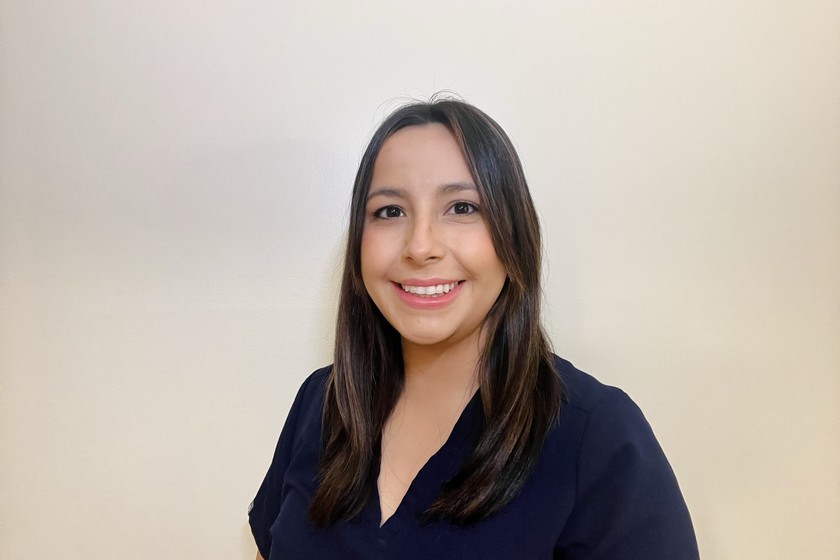
In healthcare, there are a variety of professions involved in improving the quality of life for individuals including Speech and Language Pathology. Recently, I conducted an informational interview with Elizabeth Collin, a Speech and Language Pathologist (SLP), who has provided a lot of insight into her professional and personal journey.
The Life of a Healthcare SLP:
As an SLP, Collin currently works in the Hospital for Special Care. She also works per diem at Eastern Connecticut Health Network and Manchester Memorial Hospital. Collin treats patients from other acute hospitals and provides rehabilitation services that involve assessing and treating communication, feeding, swallowing, and neuromuscular issues. Collin works as a floater, meaning that she works across different units and helps a variety of patients with different issues including, but not limited to, stroke, brain trauma, and spinal cord injuries. She provides both in-patient and out-patient care.
Background/Earlier Experiences:
Collin came to UConn as a Psychology major with a strong interest in language and cognition. She took a variety of courses and also got involved in research that related to her academic interests. When exploring her career interests, many options crossed her mind including getting a PhD and getting involved in research. But, she also found herself inclined toward the clinical route of interacting with patients and having face-to-face connections. What really solidified her career goals was volunteering as a dining companion at the Hospital for Special Care. As a dining companion, Collin provided support for patients with swallowing issues during their meals. From this experience, she found fulfillment in closely interacting with patients in the hospital. She also got to work with and talk to other Speech and Language Pathologists working in the area. During those conversations with other SLPs and having taken courses in Speech, Language, and Hearing Sciences (SLHS), she added SLHS as a double major and entered the pathway to becoming an SLP. Collin extends some of her success in her career to UConn and the numerous opportunities and resources it offers.
What Do You Enjoy About Your Career?
Collin loves working as an SLP floater at the hospital. She appreciates the fast-paced environment of the hospital where something new happens often. She also likes having a well-rounded background, from treating a variety of patients with different disorders and problems. Collin gets to be active in her job and obtain a strong foundation in a bit of everything. What motivates Collin in her work is her patients. Seeing her patients persevering through their obstacles inspires Collin to reflect on her own life journey and keep on supporting them. Furthermore, she also appreciates the flexibility her job offers to relax and partake in her favorite activities outside of work.
Important Skills/Abilities to Have to Become an SLP
Collin says that there are many skills and a lot of knowledge to acquire to become an SLP. She emphasizes that having good written and oral communication is vital when treating patients, counseling families, and writing treatment plans. Having strong reading, analytical, and reasoning skills is important when examining research and scientific reviews related to your field. Future SLPs must also learn how to problem-solve and be able to apply their knowledge to real-life situations when assessing and treating patients. Students must also be culturally competent and have experience working with diverse populations since SLPs will meet patients and their families with their own experiences and interests. Most importantly, one does need to have a strong ability to empathize and connect with their patients and the patient’s families.
Advice for Students
Collin suggests students try new things and take healthy and smart risks because you might end up with new career interests and gain invaluable skills. She also advises people to not be afraid to make mistakes because they provide a learning experience. Collin strongly emphasizes that it is important to study hard and do your best in academics and to always keep learning. Reach out to ask questions and find mentors to help guide you. Lastly, involve yourself in opportunities that relate to your academic interests.
If you are interested in a particular industry or profession, having an informational interview with someone who works in the field can help provide you with a better understanding of whether the field or the job is a good fit for you. To reach out to other UConn Alumni, check out UConn’s LinkedIn page and HuskyLink. Be sure to check out this article for information on what you need to become a Speech Language Pathologist.
